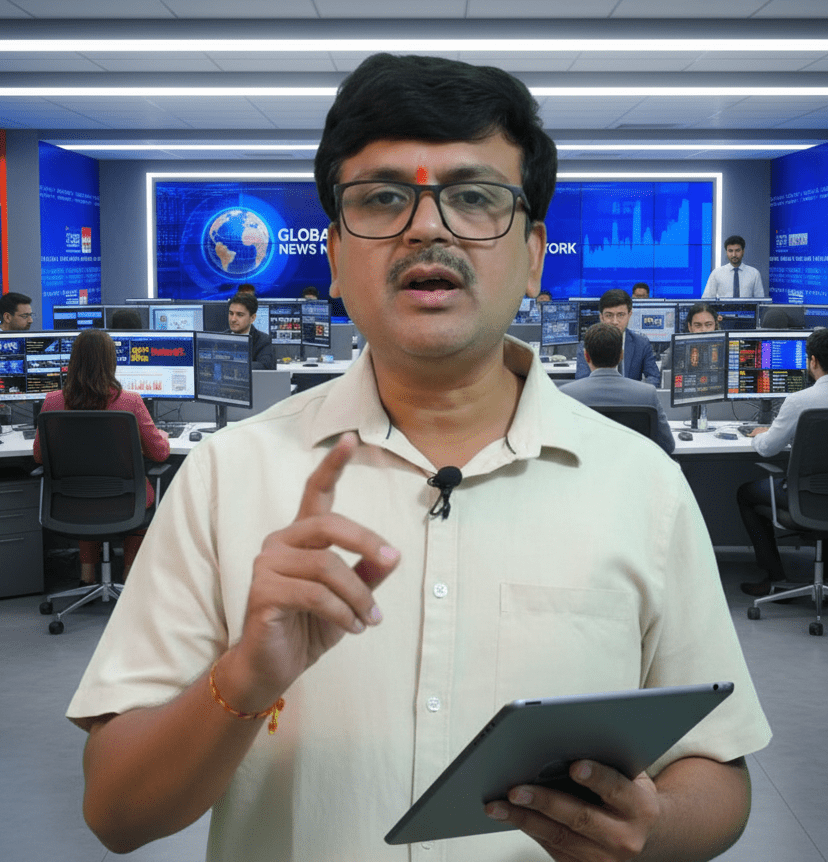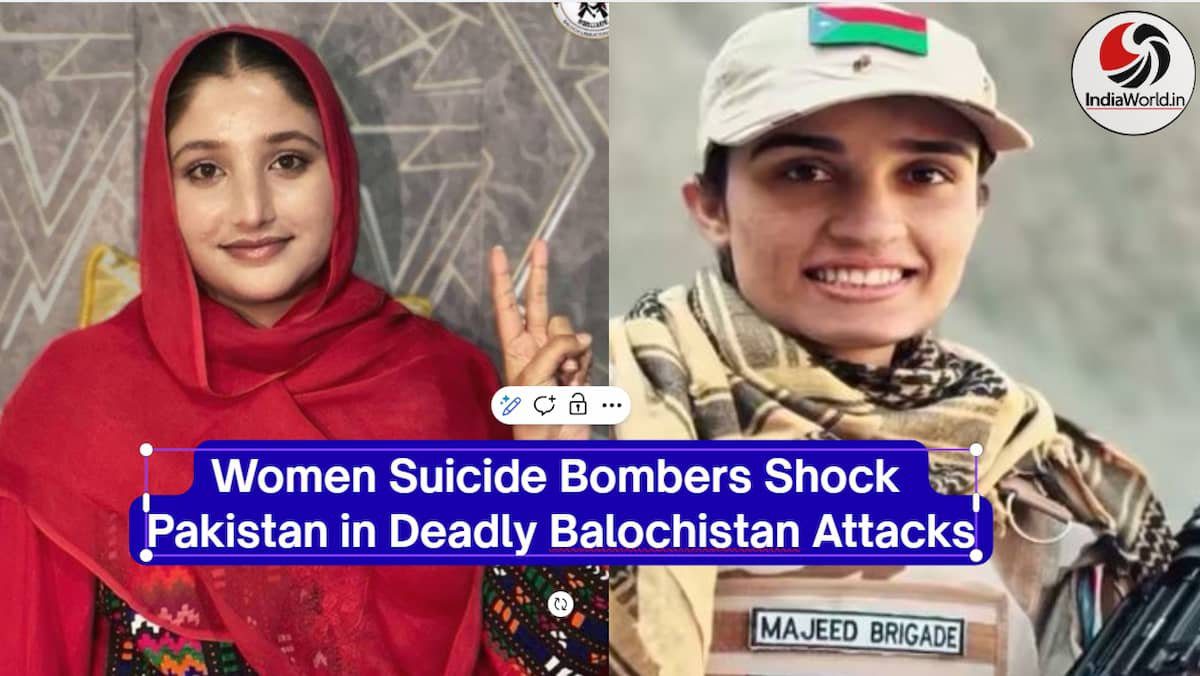Kathmandu, September 9, 2025 — In a dramatic reversal, the Government of Nepal has lifted its controversial ban on 26 social media platforms following nationwide protests that left at least 19 people dead and hundreds injured. The decision came late Monday night after an emergency cabinet meeting, prompted by mounting public outrage and international condemnation.
The ban, which had been in effect since September 4, targeted platforms including Facebook, Instagram, WhatsApp, YouTube, and X. Authorities had cited non-compliance with new registration laws and concerns over fake news and online fraud as justification for the blackout.
However, the move sparked a wave of protests led by Gen Z activists, many of them students, who flooded the streets of Kathmandu and other cities demanding transparency, accountability, and an end to censorship. Demonstrators carried placards reading “Unban Social Media” and “Shut Down Corruption, Not Voices”.

The protests escalated when security forces opened fire on crowds attempting to breach the parliament complex. Eyewitnesses reported indiscriminate use of live rounds, tear gas, and water cannons. The violence triggered widespread condemnation from global human rights organizations and diplomatic missions, including those of the United States, United Kingdom, Japan, and South Korea.
In a televised address, Prime Minister KP Sharma Oli expressed condolences for the lives lost but stopped short of accepting responsibility. He blamed “ambiguity” and “infiltrating groups” for the unrest, while Communications Minister Prithvi Subba Gurung confirmed the ban had been lifted and urged protesters to stand down.
Despite the rollback, opposition leaders and youth activists have vowed to continue demonstrations, demanding justice for victims and systemic reforms. “This generation will not be silenced,” said Pratibha Rawal of the Rastriya Swatantra Party. “We will return to the streets—not just to reclaim our rights but to demand accountability for state violence”.
The Home Minister Ramesh Lekhak resigned amid mounting pressure, but critics argue that more resignations and legal action are needed to address what many are calling a “massacre of innocents”.
As social media platforms come back online, the digital space is once again buzzing with calls for reform, transparency, and youth-led change. Nepal’s Gen Z may have lost lives—but they’ve reignited a national conversation that refuses to be muted.








